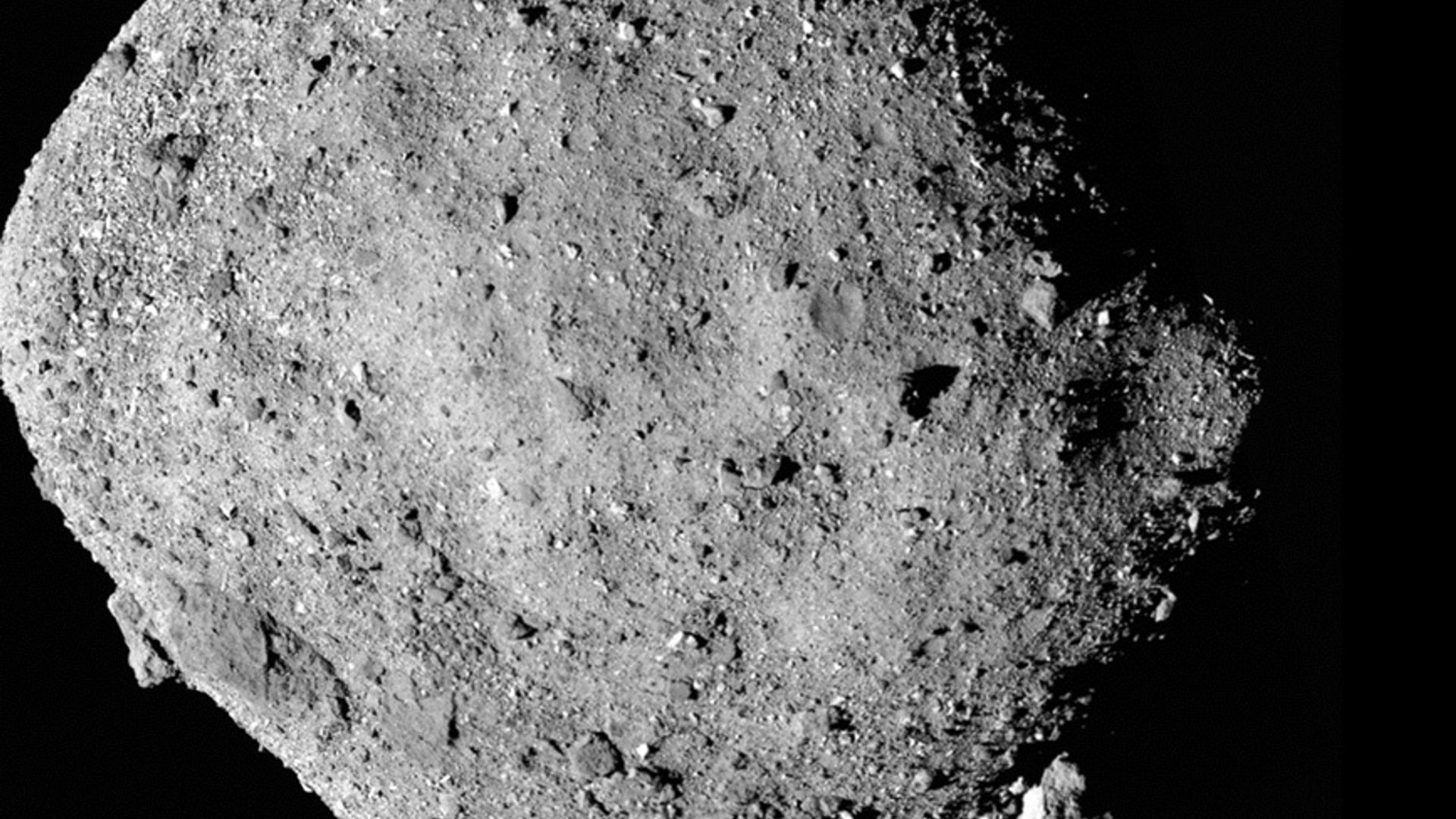
A WARNING FROM NASA. AN ASTEROID THAT PASSES EARTH EVERY SIX YEARS COULD BE ON A COLLISION COURSE WITH OUR PLANET.
ACCORDING TO A NEW REPORT — THE ASTEROID – NAMED BEN-NU (BEN-NEW) – COULD DRIFT INTO OUR PLANET’S ORBIT AND HIT EARTH BY SEPTEMBER – OF THE YEAR TWENTY ONE EIGHTY TWO (2182).
NASA SAYS THERE IS A POINT ZERO THREE SEVEN PERCENT (.037) CHANCE OF IT HAPPENING – OR 1 IN TWO THOUSAND SEVEN HUNDRED (2,700).
BENNU HAS HAD A FEW CLOSE ENCOUNTERS WITH EARTH IN THE PAST – THE LATEST BEING IN 2011.
A NASA SPACECRAFT BRIEFLY TOUCHED THE SURFACE OF BENNU IN 2020 – COLLECTING A SAMPLE OF THE ASTEROID.
THAT SAMPLE IS EXPECTED TO BE DROPPED OFF TO EARTH ON SUNDAY.






